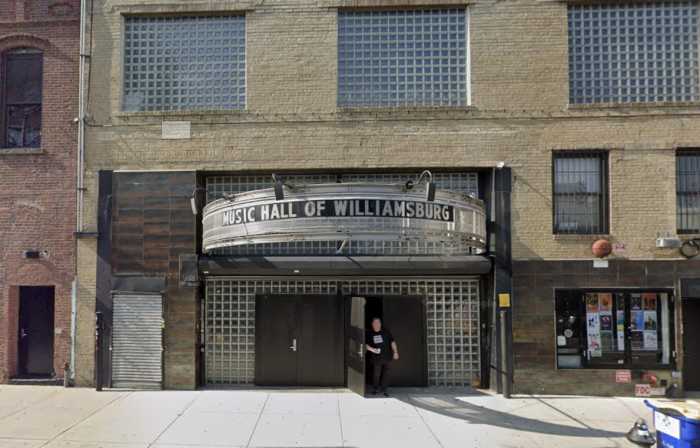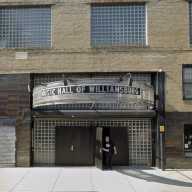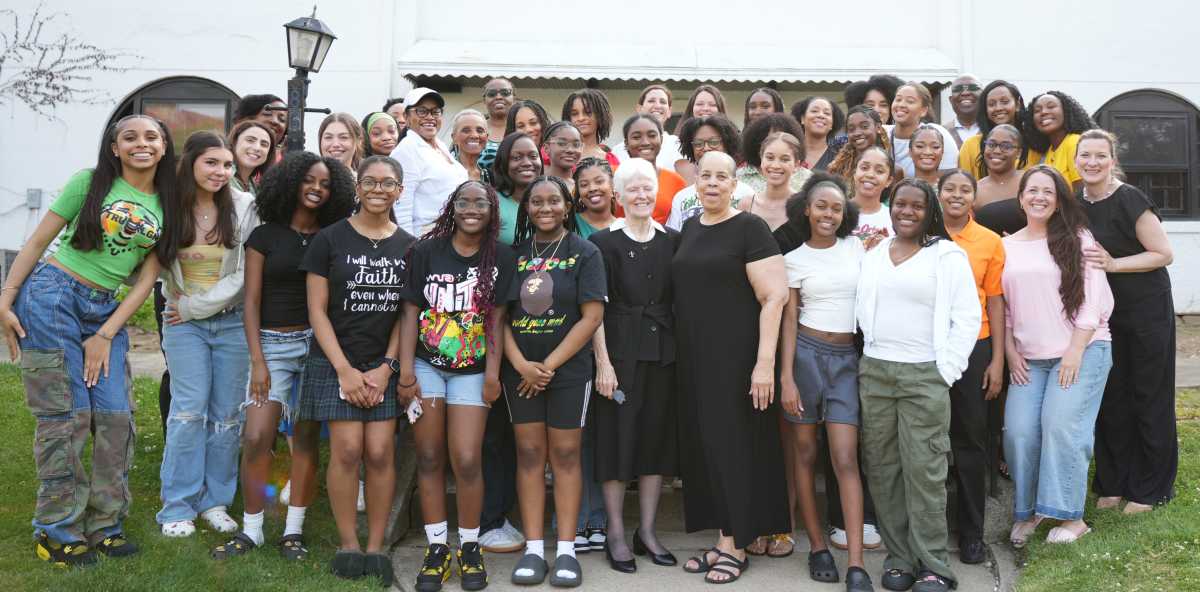The three Democrats vying for the City Council seat in Sunset Park and
Red Hook have notably different opinions on the largest single development
in their district this year — the planned Ikea.
While incumbent Sara Gonzalez lauded plans for the 346,000-square-foot
big-box store on Red Hook’s Erie Basin waterfront, and helped usher
the company’s application through the City Council, her two challengers
for the seat have their doubts about the project’s worth to the district
when weighed against its costs.
Eddie Rodriguez, a former assistant district attorney, supports it cautiously,
while Sunset Park activist and labor organizer David Galarza, says the
big-box store is a raw deal for the community.
“In the beginning, I thought the issue of jobs was important, but
as I studied the issue further and became aware of how Ikea moved into
Red Hook, I felt like I was lied to in terms of the way, and the manner,
it was imposing itself on the community,” said Galarza.
“I don’t think big boxes are the solution for New York,”
said Galarza, pointing out that Ikea workers were not unionized. He aired
skepticism as to how many good jobs it would offer locally.
“The waterfront we have, in Red Hook especially, is a precious commodity.
I don’t think all of the ideas that could’ve been, were explored.
[The site] could’ve had greater benefits or uses than a big-box store.”
Rodriguez, a past president of the local school board, supports the Ikea,
but not the demolition of the Todd Shipyard’s graving dock on the
site, which had employed 100 laborers.
“I came out in support of this, and I think Ikea can still enter
into a community benefits agreement to provide the kind of job development
and job creation they’ve promised,” Rodriguez said.
“That’s still key, and I haven’t seen, on Ikea’s behalf,
the training programs for folks who are going to work at Ikea who they’ve
promised jobs for in the community. I think Ikea needs to be held to that.”
Rodriguez also said he believed Ikea needed transparency in their environmental
and traffic studies that have been submitted to the state, and which were
the focal point of a lawsuit against the city filed by Red Hook residents
who protested the store. That lawsuit was dismissed.
He pointed out that Gonzalez made no determination on the issue for almost
two years and called Galarza a flip-flopper.
Gonzalez says her decision to support the Ikea project came after much
deliberation.
“I support anything having to do with economic development,”
she said. “I believed in Ikea — it took me almost two and a
half years, and I continue to be vigilant, and think they will step up
to the plate and make [those jobs] happen.”
Gonzalez, who has held the office since fall of 2002 has been criticized
for connections to her predecessor, Angel Rodriguez, who was imprisoned
for extortion, extortion conspiracy and fraud, among other charges in
March of that year.
She won the special election and completed the term, gaining re-election
just a year later.
Many credited ballot positioning with her victory — although it was
a non-partisan special election, Gonzalez’s name was at the bottom
of the Democratic Party line, while her opponents, Eddie Rodriguez and
George Martinez, were on either side of the ballot columns, under the
Republican and Independent lines.
Galarza, whose nominating petition signatures were challenged by Rodriguez
(the courts determined Rodriguez’s claims had no merit), said that
while he supports job creation in Red Hook, and the provision of recreational
waterfront access in Sunset Park, his main concerns revolve around preservation
of existing housing and the creation of more affordable housing.
“We’ve become open season for developers that are coming in
and developing two- and three-family homes that only serve a very small
part of the district,” he said.
Rezoning certain areas, like Fourth Avenue in southern Park Slope and
northern Sunset Park, has a detrimental effect on the affordability of
housing, he said.
Galarza instead thinks all of Brooklyn should be rezoned, and the city’s
criteria for eligibility for affordable housing should be lowered.
“I’m talking about a comprehensive rezoning for all of Brooklyn.
While they talk about inclusionary rezoning, something inside of me says,
‘Hold up, let’s really take a look at the definitions of affordable
housing. It doesn’t really seem in sync with the median income in
my community,” he said, comparing the city’s median calculation,
which is 62,000, and includes outlying counties like Westchester, with
what he says many families of four survive on in his area: $23,000.
Rodriguez agreed, saying, “The most vulnerable people in our society
are in desperate need of housing. The market forces are what they are,
and folks who feel like they’ve been displaced now through sheer
energy of market forces are displacing others.”
His way of solving part of the problem would be to create housing for
those most in need: low-income families and the elderly.
“The most urgent issue is finding housing for senior citizens, and
finding a comprehensive plan to create more housing units,” Rodriguez
said.
“We need to maintain the character of our communities,” he said.























